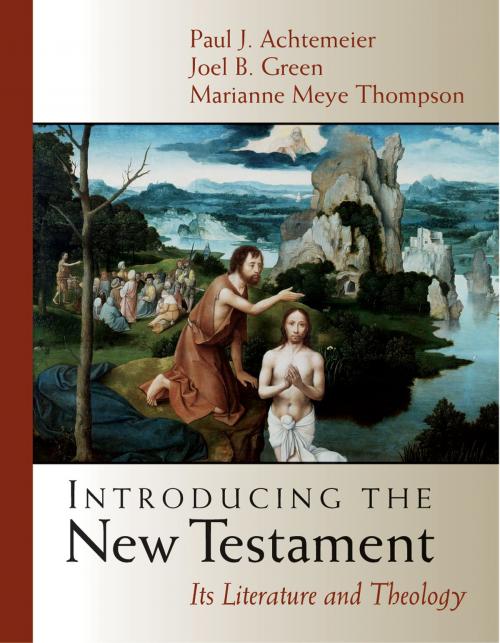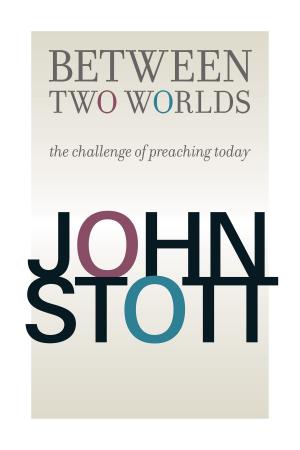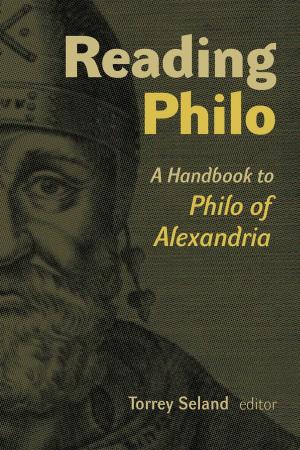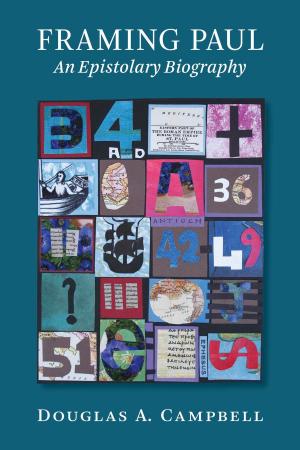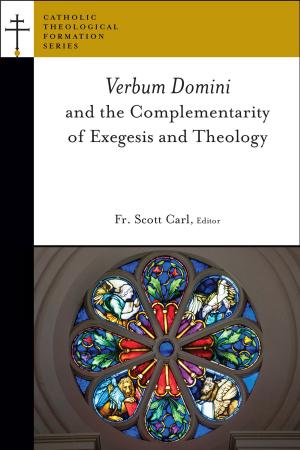Introducing the New Testament
Its Literature and Theology
Nonfiction, Religion & Spirituality, Bible & Bible Studies, New Testament, Study, Criticism & Interpretation| Author: | Marianne Meye Thompson, Joel B. Green, Paul J. Achtemeier | ISBN: | 9781467426879 |
| Publisher: | Wm. B. Eerdmans Publishing Co. | Publication: | August 10, 2001 |
| Imprint: | Eerdmans | Language: | English |
| Author: | Marianne Meye Thompson, Joel B. Green, Paul J. Achtemeier |
| ISBN: | 9781467426879 |
| Publisher: | Wm. B. Eerdmans Publishing Co. |
| Publication: | August 10, 2001 |
| Imprint: | Eerdmans |
| Language: | English |
Introducing the New Testament is an outstanding guide to the writings of the New Testament for readers ranging from Bible students to those approaching the Christian Scriptures for the first time. Written by three leading Bible specialists, this book discusses in a clear and balanced way the New Testament's literature, its message, and the issues raised by a careful reading of its pages. Wonderfully readable and well supplied with maps and photographs, this volume is both an ideal textbook for courses covering the New Testament and a superb introduction for general readers wanting authoritative, straight-forward instruction on the writings of the New Testament.
Unlike other New Testament introductions that are primarily concerned with historical-critical issues or with what scholars have said, this book gets directly to the business of explaining the New Testament's background, content, and theology. The authors do not presume that readers need to be familiar with scholarly debates about the New Testament, nor do they assume those debates have necessarily raised the most important issues. Instead, this book is aimed at putting the message of the Christian Scriptures back within the reach of general readers. Although informed by the current scholarship in the history, traditions, and literature of the New Testament, this book is primarily designed to induct readers of the New Testament into sensitive appreciation and serious awareness of its major figures and concerns.
After explaining the nature of the New Testament and the world in which it was written, the authors thoroughly discuss each of the twenty-seven books of the New Testament. The content and essential message of these ancient works are described in simple but dynamic language that reveals why they continue to inspire and challenge readers today. Separate chapters also explore the types of literature found in the New Testament, the life and teachings of Jesus, Paul's life and world, and the formation of the New Testament canon. In addition, numerous sidebars offer a wealth of fascinating and highly relevant background information that helps modern readers more fully grasp biblical themes. No other work on the New Testament is so accessible and enjoyable to use.
Introducing the New Testament is an outstanding guide to the writings of the New Testament for readers ranging from Bible students to those approaching the Christian Scriptures for the first time. Written by three leading Bible specialists, this book discusses in a clear and balanced way the New Testament's literature, its message, and the issues raised by a careful reading of its pages. Wonderfully readable and well supplied with maps and photographs, this volume is both an ideal textbook for courses covering the New Testament and a superb introduction for general readers wanting authoritative, straight-forward instruction on the writings of the New Testament.
Unlike other New Testament introductions that are primarily concerned with historical-critical issues or with what scholars have said, this book gets directly to the business of explaining the New Testament's background, content, and theology. The authors do not presume that readers need to be familiar with scholarly debates about the New Testament, nor do they assume those debates have necessarily raised the most important issues. Instead, this book is aimed at putting the message of the Christian Scriptures back within the reach of general readers. Although informed by the current scholarship in the history, traditions, and literature of the New Testament, this book is primarily designed to induct readers of the New Testament into sensitive appreciation and serious awareness of its major figures and concerns.
After explaining the nature of the New Testament and the world in which it was written, the authors thoroughly discuss each of the twenty-seven books of the New Testament. The content and essential message of these ancient works are described in simple but dynamic language that reveals why they continue to inspire and challenge readers today. Separate chapters also explore the types of literature found in the New Testament, the life and teachings of Jesus, Paul's life and world, and the formation of the New Testament canon. In addition, numerous sidebars offer a wealth of fascinating and highly relevant background information that helps modern readers more fully grasp biblical themes. No other work on the New Testament is so accessible and enjoyable to use.
